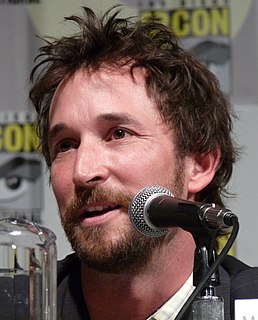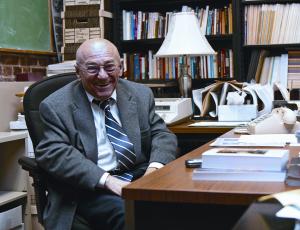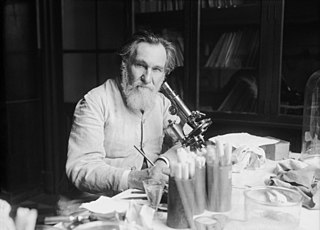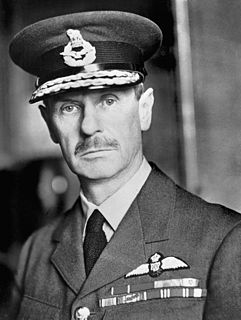A Quote by Mahatma Gandhi
The lower animals are our brethren. I include among them the lion and the tiger. We do not know how to live with these carnivorous beasts and poisonous reptiles because of our ignorance.
Related Quotes
Our family holidays always include our animals. On Thanksgiving, we love to walk around our farm and visit with our rescued pigs, goats, horses, emus and many other rescued animals. We give them all special vegetables that day, and the whole family enjoys a vegetarian Thanksgiving dinner. We know that the animals are giving thanks that day, and we are also giving thanks for the joy they bring to our lives.
From the oyster to the eagle, from the swine to the tiger, all animals are to be found in men and each of them exists in some man, sometimes several at the time. Animals are nothing but the portrayal of our virtues and vices made manifest to our eyes, the visible reflections of our souls. God displays them to us to give us food for thought.
What is life? Thoughts and feelings arise, with or without our will, and we employ words to express them. We are born, and our birth is unremembered and our infancy remembered but in fragments. We live on, and in living we lose the apprehension of life. How vain is it to think that words can penetrate the mystery of our being. Rightly used they may make evident our ignorance of ourselves, and this is much.
When children see animals in a circus, they learn that animals exist for our amusement. Quite apart from the cruelty involved in training and confining these animals, the whole idea that we should enjoy the humiliating spectacle of an elephant or lion made to perform circus tricks shows a lack of respect for the animals as individuals.
In our memories, there is a graveyard where we bury our dead. They all lie there together, the loved ones and the ones we hated, friends and foes and kin, with no distinction among them. We have to mourn every one of them, because our memories have made them as much a part of us as our bones or our skin. If we don't, we've no right to remember anything at all.








































